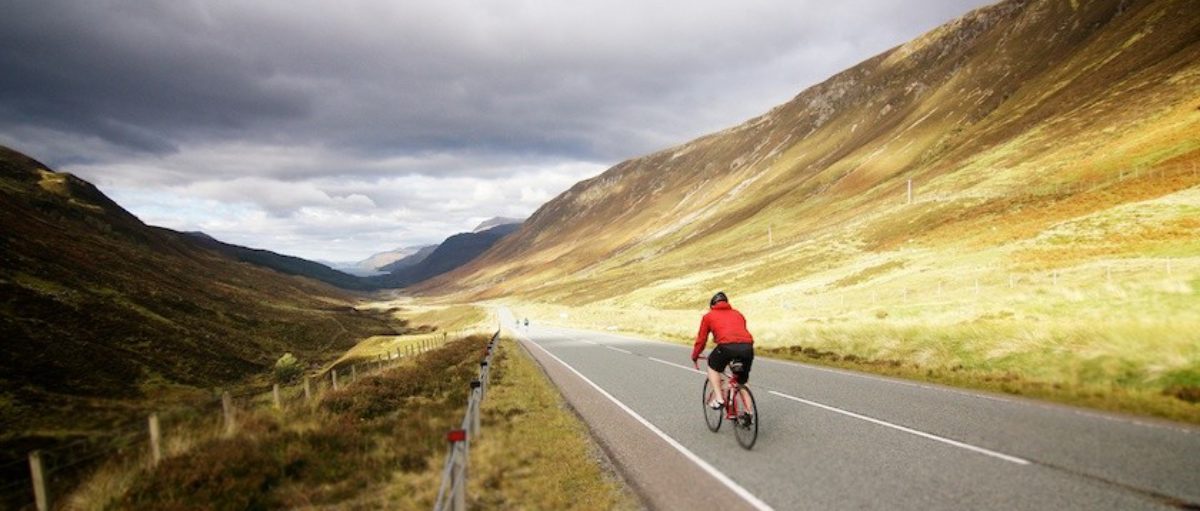I recently wrote about Canadian efforts to get the world to  acknowledge us as different from Americans. Faced with abysmally low global awareness about Canada in the 60s and 70s, any kind of recognition was welcome. (Yes, there are igloos in Canada. But most of us live in houses – just like you!)
acknowledge us as different from Americans. Faced with abysmally low global awareness about Canada in the 60s and 70s, any kind of recognition was welcome. (Yes, there are igloos in Canada. But most of us live in houses – just like you!)
In Turkey the national obsession is not about simple recognition – it has too much history and geopolitical heft for that. What the Turks want is respect. And especially the respect of Europeans.
 Since the end of the First World War and the fall of its Ottoman Empire, Turkey has been striving to become a western-style democratic nation. It has a secular constitution and is a rising industrial power with the second highest GDP growth rate in Europe. But both those achievements come with asterisks. The current government is more autocratic than democratic and has changed the constitution to support its preferred modus operandi. (One hallmark of an autocratic regime is to control access to independent sources of information. In Turkey, the government has made Wikipedia “unavailable” to anyone in the country.) And in spite of its economic growth, Turkey still lags far behind Western European countries on GDP per capita.
Since the end of the First World War and the fall of its Ottoman Empire, Turkey has been striving to become a western-style democratic nation. It has a secular constitution and is a rising industrial power with the second highest GDP growth rate in Europe. But both those achievements come with asterisks. The current government is more autocratic than democratic and has changed the constitution to support its preferred modus operandi. (One hallmark of an autocratic regime is to control access to independent sources of information. In Turkey, the government has made Wikipedia “unavailable” to anyone in the country.) And in spite of its economic growth, Turkey still lags far behind Western European countries on GDP per capita.

For the past 30 years Turkey has been trying to gain entry into the European Union but has failed to meet key criteria. In response, Turkish President Recep Tayyip Erdogan now thumbs his nose at the idea of joining the EU, in effect saying, “If they don’t think we’re good enough to join their club, it’s not the kind of club we want to join” – the transparent response of someone feeling the sting of rejection.
Turkey just can’t get no respect. And one result of that is a sort of national/cultural inferiority complex – an affliction familiar to Canadians of a certain age. There was a time when nothing we did ever seemed as big, good or impressive as the comparable thing produced by our neighbour to the south. Especially TV programs.
Turkey’s response to its feeling of cultural inferiority is evident in Istanbul’s museums. The clunkily-named Museum of the History of Science and Technology in Islam for example, goes to embarrassing lengths to proclaim  the worthiness of scientific achievements in the Islamic world 500-plus years ago, a time when Europe was wallowing in the Dark Ages.
the worthiness of scientific achievements in the Islamic world 500-plus years ago, a time when Europe was wallowing in the Dark Ages.
The museum parades reproductions of ancient instruments (used in astronomy, cartography, chemistry, physics, medicine, etc.) designed by Islamic scientists, by way of saying: “Look how clever we were!” To underscore the point, the museum’s walls are decorated with quotes from obscure 17th-19th century European scholars acknowledging the discoveries of Islamic  scholars.
scholars.
The museum proudly shows there was a time when the Islamic world was open to new ideas that challenged accepted notions of truth, and that Islamic scholarship flourished with that freedom. But that time was long ago. In present day Turkey, the authoritarian regime of President Erdogan has expressed its view on freedom of thought with brutal crackdowns on peaceful protests in Istanbul’s Taksim Square. Even on the street in everyday conversation, when talking about politics Istanbullus are reflexively cautious, lowering their voices before saying anything that might be overheard.
Respect is difficult to earn and easy to lose. For an authoritarian like Erdogan (or Vladimir Putin, or even Donald Trump if he could have his way) intimidation and brutality are effective methods for instilling fear, suppressing opposition and maintaining control. The behaviour of people under such regimes might appear respectful, but it’s just an act. Those who don’t act “respectfully,” like demonstrators, are punished. If you don’t want to feel the crack of a police baton on your head, it’s better to stay quiet.
Like every autocrat, President Erdogan craves respect. And like autocrats throughout history, he uses blunt force on his people to gain it. However, I doubt Turkey will ever gain the respect of Europe or entry into the EU by flouting democratic norms and acting like a thuggish police state.

